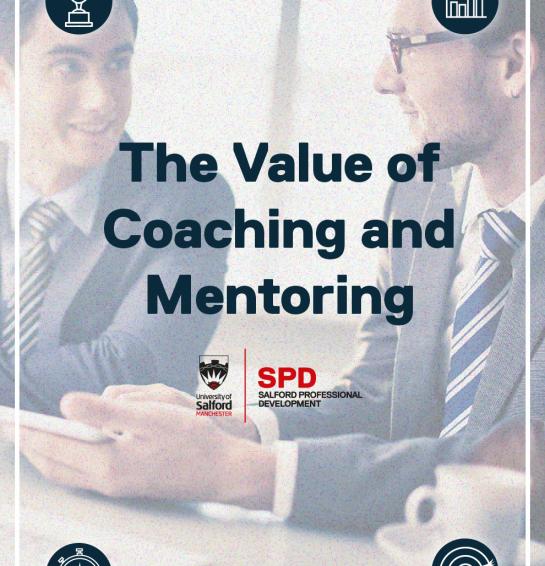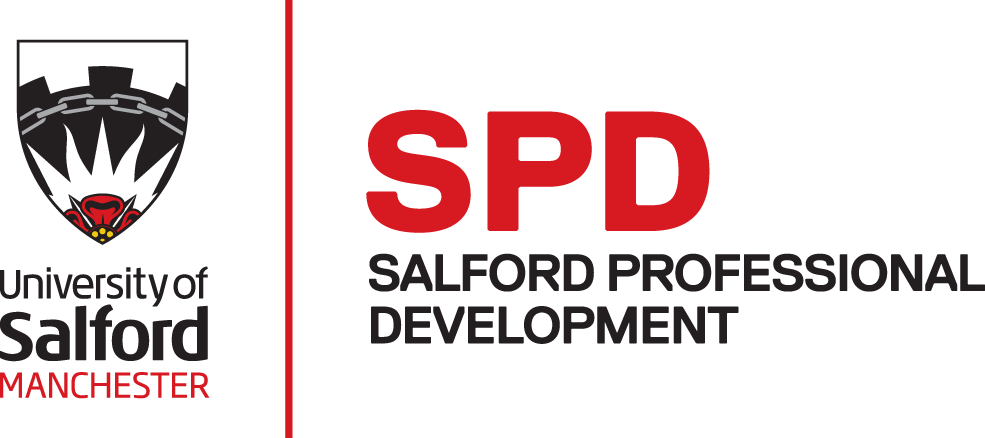The Value of Coaching and Mentoring in Professional Development
The Value of Coaching and Mentoring in Professional Development
A qualified business coach or mentor can serve as a key resource for any organisation. Oftentimes, mentoring and coaching are mistaken for being interchangeable, despite their key similarities. It is noteworthy that 84% of employees say coaching should be a part of every organisation's management and development programme. This statistic highlights the significant advantages associated with coaching skills and mentoring, as they offer companies an opportunity to foster the growth and professional development of their employees. Here, we explore the fundamental definitions and differences between coaching and mentoring, while also highlighting the benefits of having trained professionals who can deliver these within organisations.
What are the differences between coaching and mentoring?
Coaching
Coaching is usually carried out by skilled professionals, often referred to as business coaches, who work with clients to enhance their performance and unlock their maximum potential. Business coaches possess the expertise to effectively refine their clients' skills using various strategies, including goal-setting with individuals and comprehensive assessments of strengths and areas for improvement. One of the most successful business coaches was Bill Campbell, often referred to as "The Coach." Bill helped train Apple CEO Steve Jobs, Google co-founder Larry Page, and Facebook founder Mark Zuckerberg, among many other well-established entrepreneurs. His motto was "work the team, not the problem," and through his coaching style, he managed to help leaders create billion-dollar companies. Leadership and coaching skills like those demonstrated by Bill are essential for driving success in any organisation.
Mentoring
A mentor is a seasoned professional who shares their knowledge and expertise to help improve the skills of those who are less experienced. The American author of "You Were Born Rich," Bob Proctor, defines a mentor as "someone who sees more talent and ability within you than you see in yourself and helps bring it out of you." This dynamic is often an ongoing relationship where the mentor provides continuous guidance and advice to tackle problems. The mentor serves as a valuable resource for their client's personal development, which ultimately fosters success in the professional field. A skilled mentor will support through actively listening, demonstrating empathy, and providing encouragement—qualities that are often highlighted in coaching courses.
Similarities Between Coaching and Mentoring
Coaching and mentoring relationships share several fundamental characteristics that contribute to their effectiveness in fostering growth and helping individuals and organisations achieve their goals. These include:
- Both help their client and the organisation to achieve their goals.
- Both are focused on 1-1 relationships.
- Both require a strong degree of trust, focus, and open communication.
- Both can create positive changes in their clients' personal and professional lives.
Differences Between Coaching and Mentoring
While coaching and mentoring share many similarities, they also have distinct differences that set them apart in their approach and purpose. Understanding the difference between coaching and mentoring is crucial for anyone looking to develop effective leadership and coaching skills.
- Duration: Coaches are often required for a shorter period, while mentoring roles tend to last over a longer period.
- Experience: Mentors need experience in the field they are mentoring in, whereas a business coach can use their coaching skills in any field to encourage success through the questions asked and the tools used.
- Focus: Coaching is more task-focused, whereas mentoring is more relationship-focused.
Benefits of Coaching and Mentoring
Coaching and mentoring professionals offer many benefits for both the individual and the organisation. The individual being trained can develop excellent communication skills through their time spent with the business coach or mentor. It also promotes confidence and self-improvement through various tasks and working towards and achieving their goals. They can develop a new sense of self-awareness through their regular meetings, evaluating progress, and therefore passing on their newfound knowledge to others. The organisation demonstrates its commitment to employees and their development by investing money and time into helping them achieve their personal and professional targets. It also aids the growth of the business, through investing in their employees and helps encourage staff retention. Leadership and coaching skills, acquired through effective coaching courses, are invaluable in driving these outcomes.
Conclusion
In conclusion, it is evident how valuable coaches and mentors can be to an organisation and individual, and in the importance of harnessing their potential to facilitate growth, learning, and professional success. Our ILM Certificate in Coaching and Management Level 5 equips practicing managers with the coaching skills needed to introduce coaching and mentoring into the workplace and perform effectively. Additionally, our Level 7 certificate is perfect for senior professionals who regularly coach and mentor at a senior level, enhancing their leadership and coaching abilities.
To find out more about these courses head to www.salford.ac.uk/spd/course


